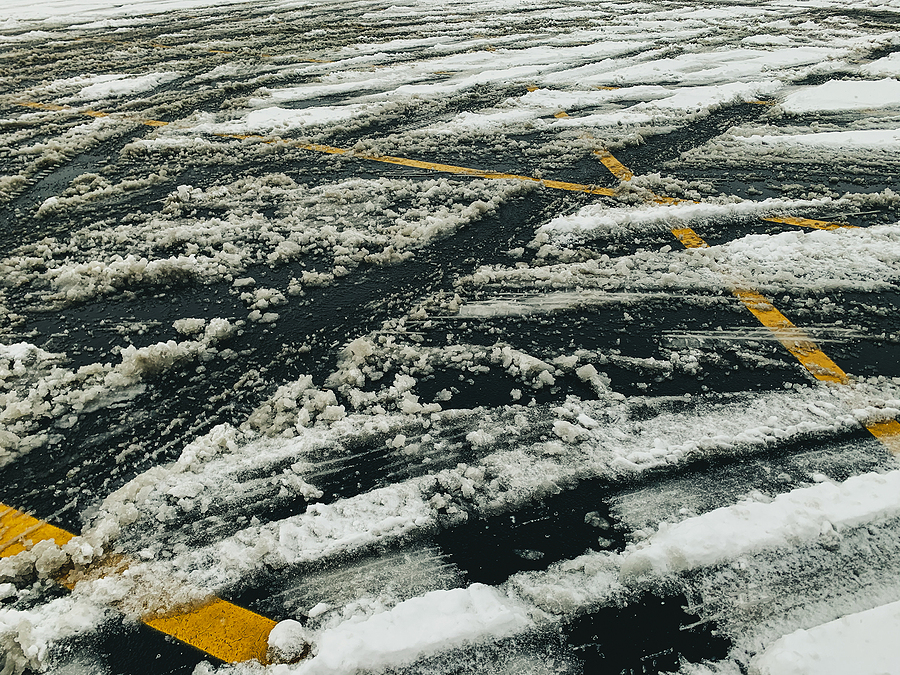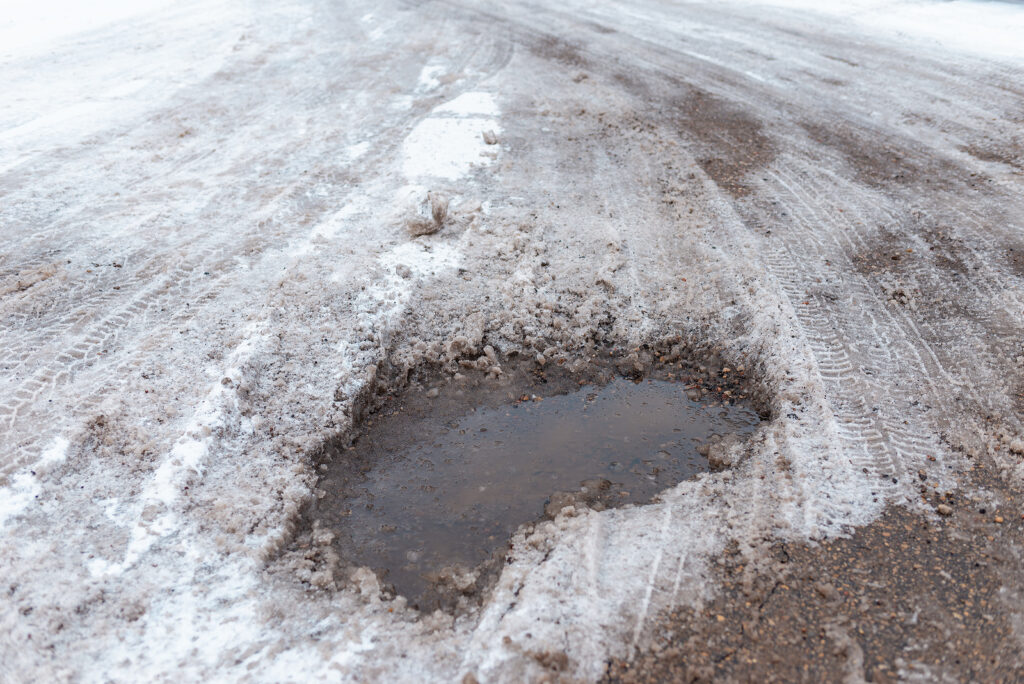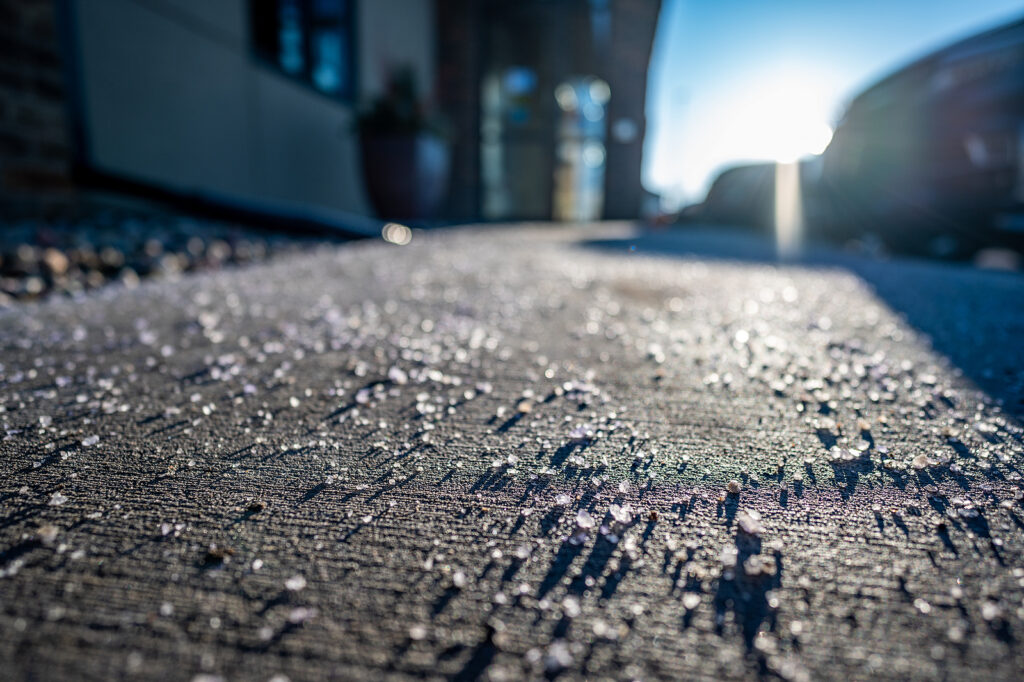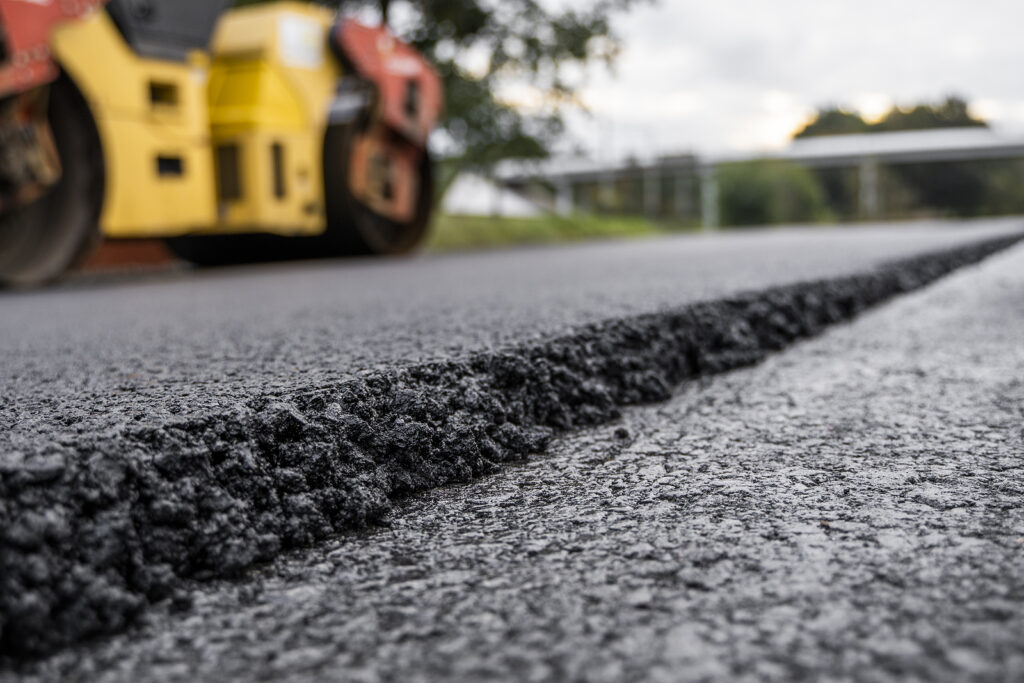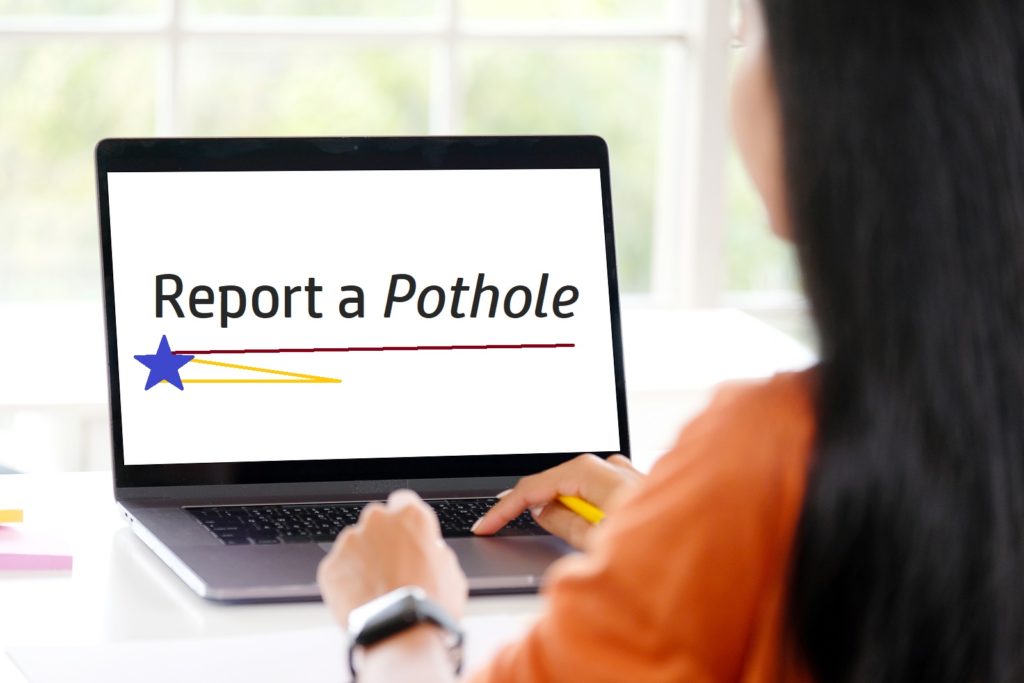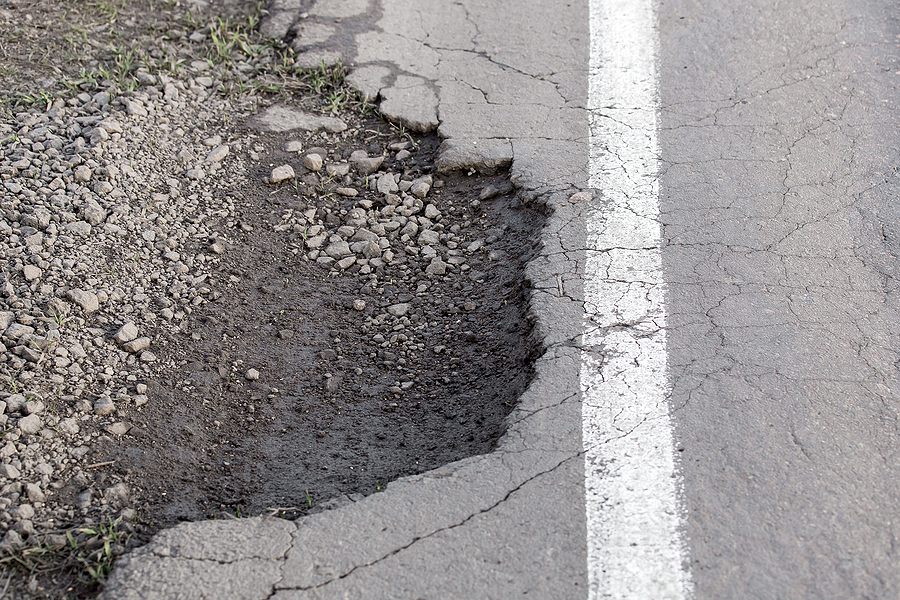Potholes are a common nuisance that can cause serious damage to your vehicle. During the winter months, they become even more dangerous as ice and snow make them harder to spot and navigate around. To help keep you safe on the roads this season, we will cover the top five tips for avoiding dangerous winter potholes. Continue below to get started!
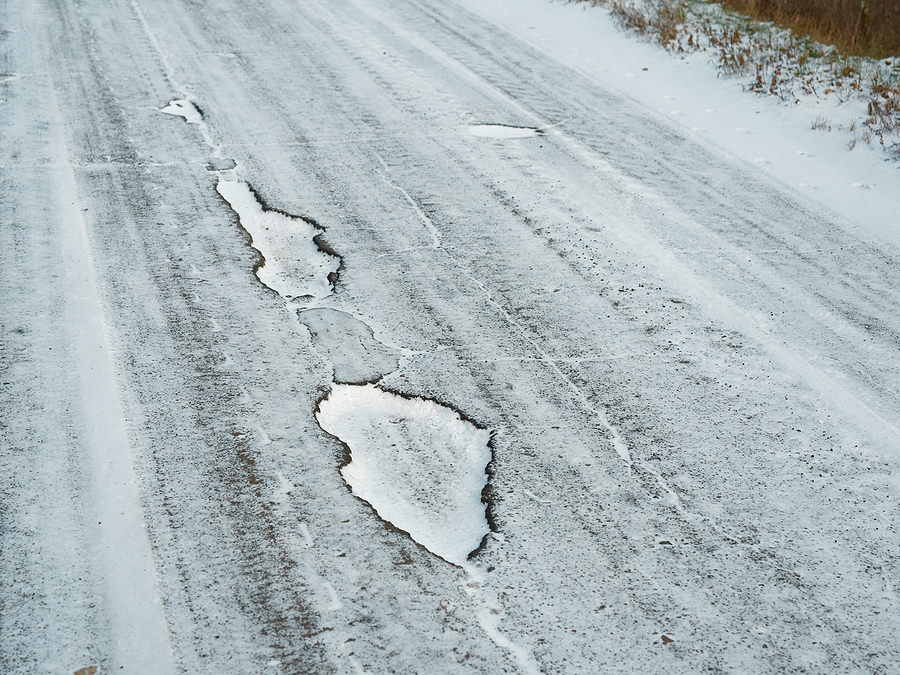
Five Ways to Help Avoid Winter Pothole Dangers
From checking road conditions before you head out, to watching your speed when driving near pothole-prone areas, following these simple steps will ensure you stay safe while navigating icy streets and highways. With proper preparation and caution, we can all get through this winter with our cars still in one piece!
1. Check the Road Conditions Before You Leave – Before hitting the roads, always check for winter-specific road advisories and closures. Potholes form more easily when temperatures drop below freezing and snow or ice accumulates. If you know where possible problem areas may be, it’s easier to plan your route accordingly and avoid hazardous potholes.
2. Look Out for Street Signs – Road signs such as “Danger Pothole Ahead” and “Slippery When Wet” will alert you to the presence of potholes in the area. If you see one of these warning signs, stay vigilant and slow your speed to prevent hitting a particularly deep hole in the road.
3. Watch Your Speed – Potholes are more difficult to spot during winter months and driving too fast can make it even harder. Slow down when traversing through pothole-prone areas, as this will give you more time to react if an unexpected pothole appears in front of you.
4. Be Aware of Your Surroundings – Potholes are often hidden by snow or ice, so it’s important to pay attention to your environment while driving. Keep an eye out for changes in road texture, dips and bumps that could indicate the presence of a pothole.
5. Report Any Pavement Repair Needed – Potholes can be dangerous to both cars and pedestrians. To help keep everyone safe, report a pothole in Indianapolis so it can be repaired as soon as possible. You can do this by contacting your local government office or public works department.
By following these simple tips for avoiding winter potholes, you’ll stay safe on the roads and help keep others safe as well. Those pesky potholes can be a real hindrance in the wintertime, but with thorough planning and cautious driving you’ll make it through unscathed.
Commercial Pothole Repair in Indianapolis
Potholes can be a major problem for businesses and public properties too. Not only do they create an unsightly appearance, but they can also damage vehicles and injure people who walk or ride over them. Fortunately, there are commercial pothole repair services in Indianapolis that can help to quickly and efficiently address this issue. These services use specialized equipment to fill in the holes with hot asphalt mix, which provides a durable solution that will last for years to come. Additionally, commercial paving contractors have the experience needed to ensure that the job is done properly so as not to cause further damage or risk of injury. With their help, you can protect your property from further harm while restoring its aesthetic appeal.
Are you a commercial, industrial, or municipal proprietor who needs pothole repair and road construction services in the Indy area? Contact ACI Asphalt and Concrete at 317-549-1833 for commercial pothole repair in Indianapolis, Indiana. We serve commercial and industrial clients all throughout Central Indiana.
Related Posts:
Can I Repair a Pothole Myself?
Can Asphalt Repair Be Done in Rainy Weather?
The Best Time of Year to Repair Potholes and Similar Road Damages

